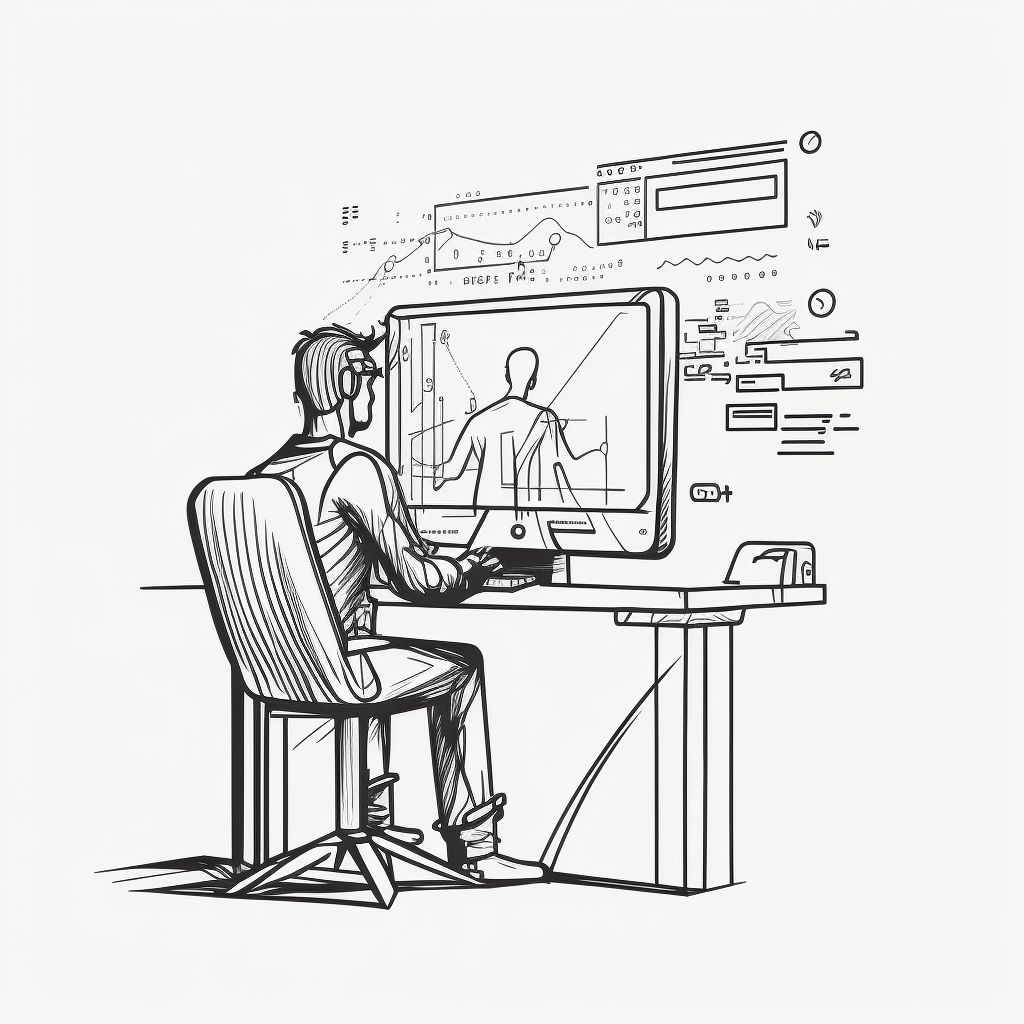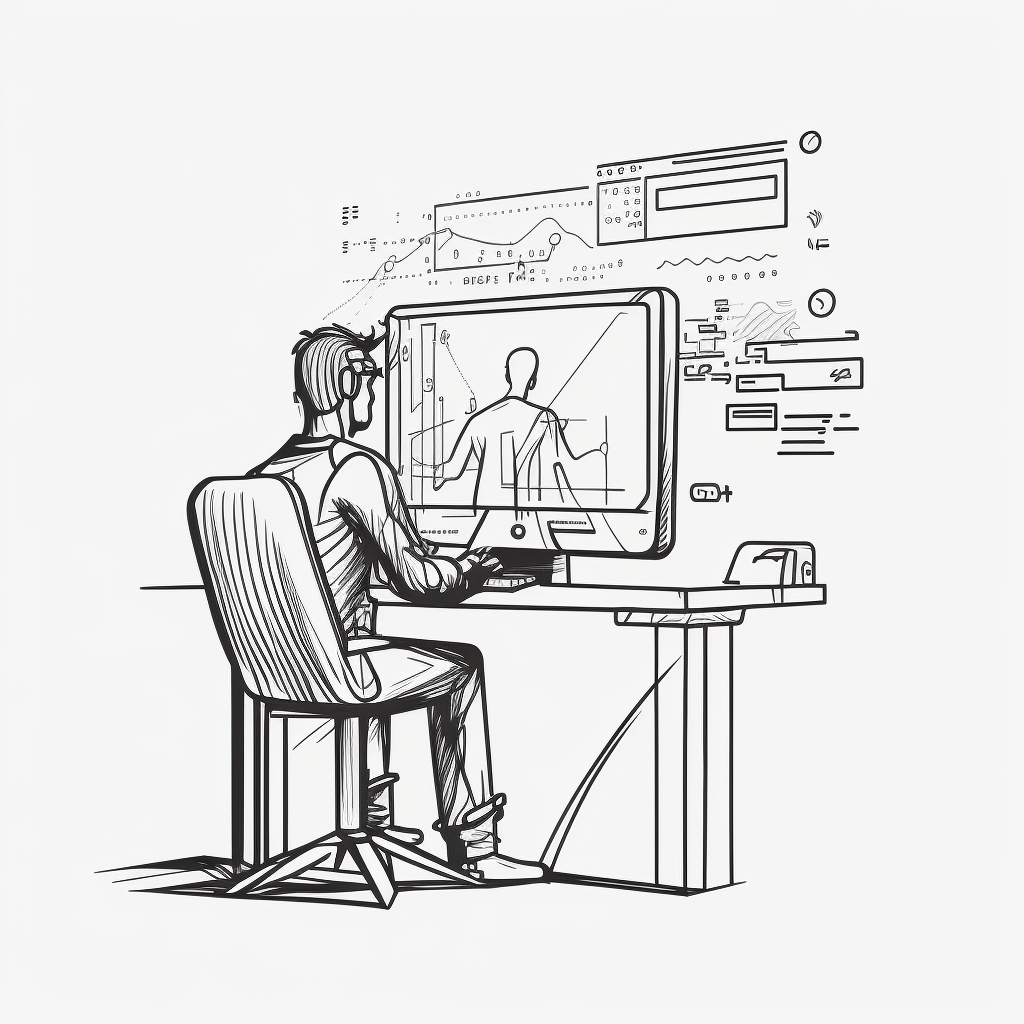When is your product ready?
Last Updated on: November 17, 2023
This old mantra still does the rounds:
Release early, release often!
This doesn’t give you the complete picture.
When I started creating my apps and products, I was careful. I feared that something would break, data would be lost, and my reputation would be ruined.
My first software job was in a company that serviced big retail companies. If our software went wrong, they would lose a lot of money. So, we had many procedures, testing environments, and careful planning to minimize that risk.
After I left that job, I kept that attitude with me.
Doing too much
I used testing environments, version control, and careful planning when creating websites for small businesses.
The amount I got paid wasn’t worth that extra effort. A bit of downtime wouldn’t have affected my customers.
When I created my first product, FreshStore, I spent months perfecting it and making it ready to release to the public.
I hesitated and kept telling myself that it needed “one more feature”, and eventually, a good friend of mine convinced me to release it.

FreshStore was an overnight success, and that extra few months of development wouldn’t have made any difference.
Doing too little
You only get one chance to make a first impression.
If you release a product with a few minor bugs, you might get away with it. If your product is fundamentally broken, your early users won’t return and you will fight to recover your reputation.
Releasing with fewer features and fewer bugs is usually the right path. But consider the uniqueness of your idea; if it’s genuinely something nobody has done before, be careful about releasing it to the world and letting others copy it with better features.
What does early mean for your project?
Aim for the minimum amount of development to achieve your goal, but remember that “minimum” is different for every app and project.
Is this a brand new idea that nobody else is doing? Get it out fast with all the necessary features, and don’t worry if there are a few bugs. People will use it, and you need to get yourself established.
Are you competing with an established solution? Fix the pain points, get two or three features your competitors don’t have and focus on a good user experience.
It boils down to two polar viewpoints:
- Every day your app is not on the market is a day of lost sales.
- An underwhelming early release may damage your reputation permanently.
Can you find a balance between the two for your project?
Get notified of new posts:


Hi,
A really excellent book relating to this and MVP (Minimum value products) is the Lean Startup by Eric Ries. I’ve read it several times, and each time I pick up a new prespective on things.
Cheers
John